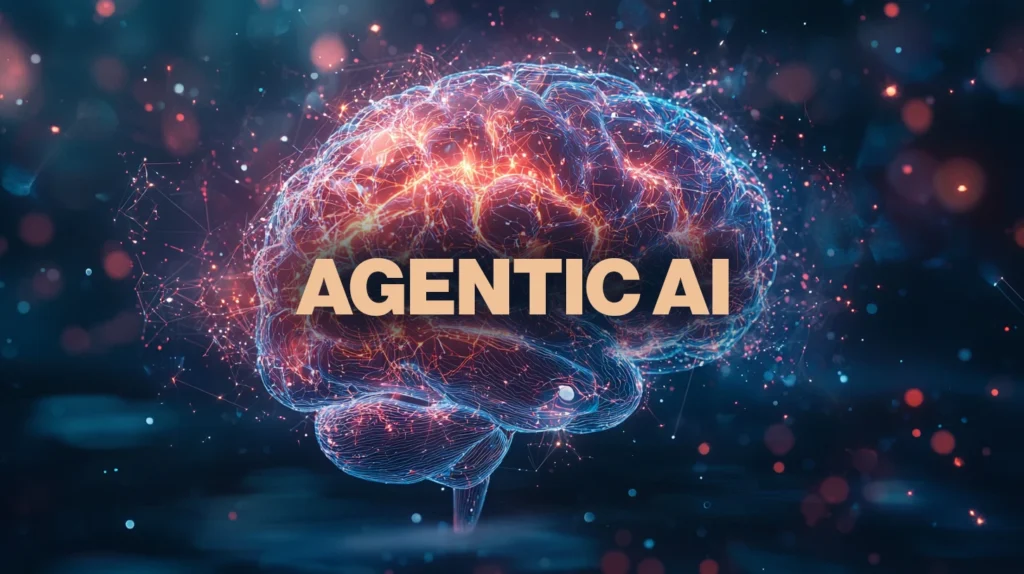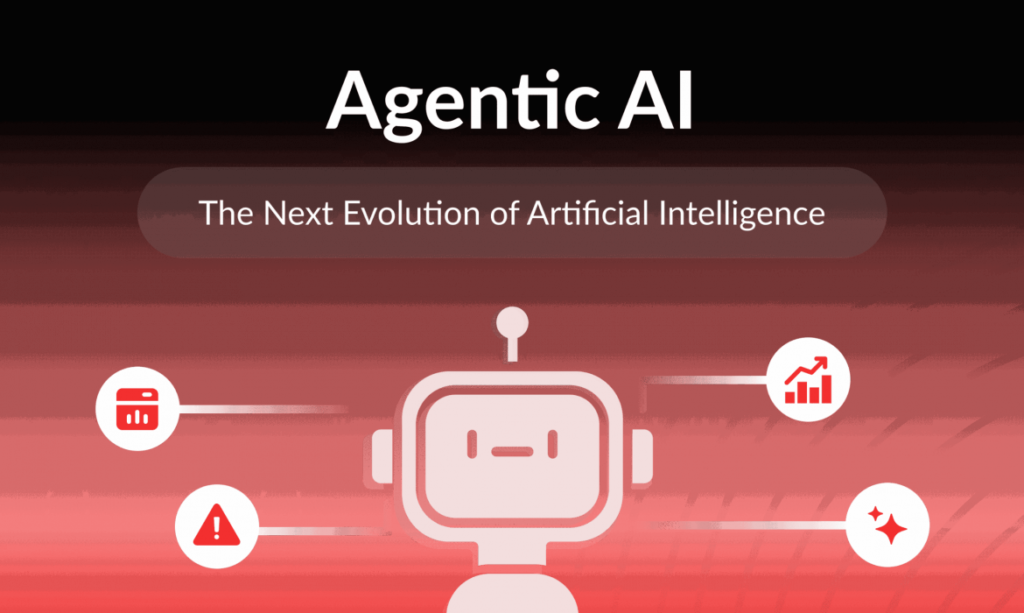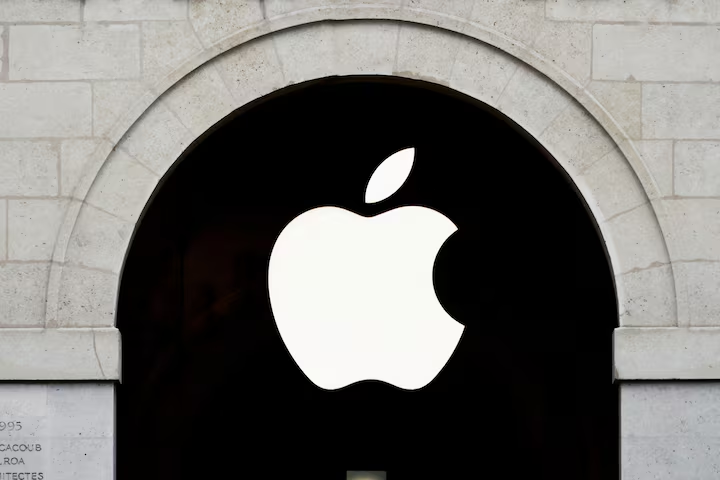Table of Contents
Agentic AI Is Here: How Autonomous AI Agents Are Shaping the Future—and Why Governance Matters
Imagine asking your AI assistant to schedule a meeting—and without further input, it emails participants, finds a free slot, books a conference room, and even reschedules if someone cancels. That’s not just convenience. That’s agentic AI—the next generation of artificial intelligence that acts, adapts, and learns autonomously.
This shift from passive AI to agentic, decision-making agents is changing everything—from how businesses operate to how we ensure ethics, safety, and accountability. And while it’s exciting, it also raises a critical question: Who governs the governors when the AI becomes self-directed?
What Is Agentic AI?
Agentic AI goes beyond simple automation. These AI systems don’t just respond to commands—they plan, reason, and act on their own. Think of them as intelligent co-workers who understand objectives, make decisions, and adjust their actions in real time to achieve goals—without waiting for every human input.
These AI agents are powered by a mix of reinforcement learning, large language models (LLMs), and real-time feedback loops. For example, an agentic AI in finance might handle procurement tasks end-to-end—reviewing quotes, matching them with past performance, making purchase decisions, and handling payment—all while notifying a manager only if something unusual pops up.
Why It Matters: The Rise (and Risk) of AI Independence
Autonomy is powerful—but it comes with significant risks.
As agentic AI systems become capable of modifying software environments, accessing sensitive data, or interacting across multiple platforms, their actions could spiral beyond intended outcomes. Without proper sandboxing, fail-safes, and governance policies, they could trigger unintended consequences—like approving faulty payments or making biased hiring decisions.
That’s why tech leaders are sounding the alarm: AI governance isn’t optional anymore. It’s becoming a pillar of trust.
Governance: The Human Safety Net for AI
To safely scale agentic AI, companies and governments must build governance frameworks that emphasize transparency, accountability, and control. Here’s what that looks like in action:
- Explainability: Every AI decision must be traceable and understandable—both to developers and non-tech stakeholders.
- Bias Detection: Governance platforms must identify and reduce bias in training data and real-time decisions.
- Human Oversight: High-stakes decisions must include human-in-the-loop checkpoints.
- Audit Trails: Agentic systems should log their decision paths and be auditable like human workflows.
- Role Assignments: Roles like Chief AI Officer, ethics councils, and governance boards are becoming critical.
Organizations like OneTrust and HiddenLayer are now offering platforms that allow AI systems to self-monitor, log activity, and even enforce their own ethical boundaries.
Also Read: Top 5 Cybersecurity Tools for Laymen: Stay Safe from Digital Hackers in 2025
The Global Push for AI Accountability
Countries are moving quickly to regulate this shift.
- EU AI Act: Expected to classify agentic AI as high-risk, requiring transparency, documentation, and human oversight.
- USA: States like New York are already demanding risk audits and review boards for public AI systems.
- India: Through the INDIAai initiative and upcoming AI Safety Institute, India is drafting guidelines around safe deployment and ethical use of agentic AI in both private and public sectors.
This isn’t just regulation—it’s an urgent need to match AI’s evolution with systems that protect human interests.

Beyond the Tech: It’s About Trust
Agentic AI isn’t just a tech upgrade—it’s a shift in how decisions are made in our world.
For employees, it means clarity on when AI is acting and how to intervene. For customers, it means transparency when decisions—like credit approvals or product pricing—are driven by AI. And for governments, it means ensuring public AI systems respect privacy, fairness, and human dignity.
The future belongs to organizations that can build trustworthy AI—AI that acts independently but always with human-centered purpose.
Looking Ahead
Agentic AI is moving fast. What was once a futuristic concept is becoming enterprise reality. In the next few years, we’ll see digital agents managing workflows, customer interactions, and operations across sectors.
But with that power comes responsibility. Only those organizations that adopt governance-first mindsets—blending agility, accountability, and ethics—will unlock the true potential of agentic AI.
Because no matter how smart our agents become, human values must still lead the mission.









